On June 24, U.S. President Donald Trump will welcome a foreign leader to the White House for the first time in more than three months: Polish President Andrzej Duda. That the meeting will be the first of its kind in the COVID-19 era is perhaps the least remarkable thing about it.
Under normal practice, U.S. officials observe a pre-election blackout period for high-level meetings of a month or more, fearful of being accused of electoral interference or used as a prop for electioneering. Not Trump. The president has repeatedly used White House visits and his Twitter account to boost the electoral prospects of leaders he views as allies.
The Polish president’s visit takes this strategy to a new level. Trump and Duda will meet only four days before Poland’s elections, in which Duda finds himself in an expectedly tight reelection race against liberal Warsaw Mayor Rafal Trzaskowski. Poland under Duda remains staunchly pro-American and pro-Trump, particularly as its relations with the European Union have faltered over its democratic decline. (The EU has launched several investigations against Duda’s government for violations of EU law, including a new Polish law that would allow judges critical of the regime to face punishment.) The timing of the meeting flouts the cardinal rule of diplomacy — noninterference in internal affairs — and is clearly intended to put a thumb on the electoral scales in Duda’s favor.
That Duda and Trump get along is no surprise. Duda is a conservative nationalist whose tenure as president has been characterized by democratic backsliding and the shrinking of civic space for the exercise of fundamental rights and freedoms. On the campaign trail, Duda has lashed out at “LGBT ideology,” which he has compared to “neo-bolshevism,” in a bid to attract conservative Catholic voters and members of the far right. In previous administrations, a White House visit would have been used as a carrot to reverse democratic decline and moderate hateful rhetoric; now these phenomena mirror our own lived experience.
Duda has also played Trump like a fiddle, appealing to his well-known appreciation for flattery. When Trump visited Warsaw in the summer of 2018, Duda delivered a large, adoring crowd for Trump’s public speech. Duda also offered $2 billion to construct a permanent base to house U.S. troops — which he suggested be called Fort Trump — and signed off on large weapons and gas purchases.
Duda’s two previous visits to the White House, in September 2018 and June 2019, also showcased the bromance between the two leaders and elicited promises of a larger U.S. rotational troop presence in Poland. While the White House visit is itself a gift to Duda’s election prospects, Warsaw hopes for a much larger deliverable.
The president’s abrupt announcement of his intent to reduce U.S. forces in Germany earlier this month, reportedly in a fit of pique after German Chancellor Angela Merkel declined an invitation to visit to the White House for the G-7 summit, has raised hopes in Poland that some of those personnel could be stationed in Poland. This would be a huge win for Duda, who has lobbied hard for the permanent basing of U.S. troops in a country that still views Russia as the primary threat to its security.
According to press reports, a plan under discussion would relocate 2,000 U.S. troops from Germany to Poland, along with 30 F-16 fighter aircraft and five used C-130 transport planes. However, U.S. officials have been quick to underscore that planning for a drawdown in Germany is in the early stages and much work remains to implement existing plans to expand the U.S. presence in Poland, including negotiating a status of forces agreement for U.S. troops.
Whatever Trump and Duda agree on, the “what” won’t be the problem. Poland is a staunch U.S. ally and an important security partner. A larger U.S. troop presence in Poland — done right — would strengthen NATO’s eastern flank and signal continued U.S. commitment to European security. After Brexit, Poland could play an important role in amplifying U.S. views in Brussels, were it to return its democracy to health. A strong, positive relationship with Warsaw continues to be in Washington’s interest.
The problem with this visit is the “who,” “when,” “why,” and “how.” No U.S. president should meet a foreign leader — friend or foe — mere days before she or he stands for election. To do so undermines Poland’s democratic processes and our own values. Feting a leader who has spewed anti-LGBTQ hatred, curtailed media freedoms, and crippled his country’s courts also runs contrary to those principles. Yet this week, President Trump will once again embrace Duda, boosting the election prospects of a leader who — if elected — is likely to further dismantle Poland’s democracy, weakening a close U.S. ally from within. And if Trump announces the movement of troops from Germany to Poland, it won’t be based on sound military planning, but in fulfillment of a petty dislike for German Chancellor Angela Merkel.
The United States used to be better than this, used to stand for more than this. Hopefully soon it will again.
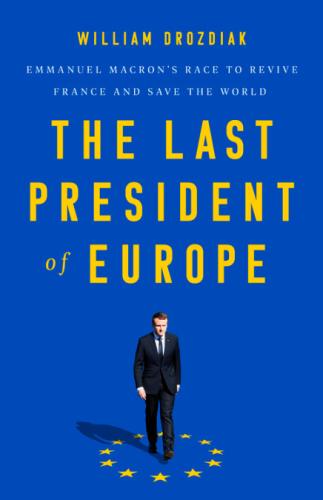
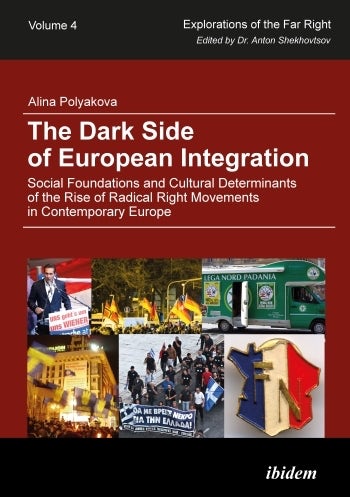
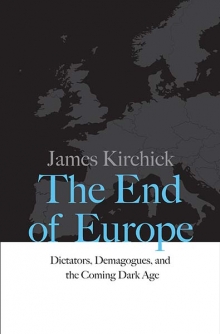
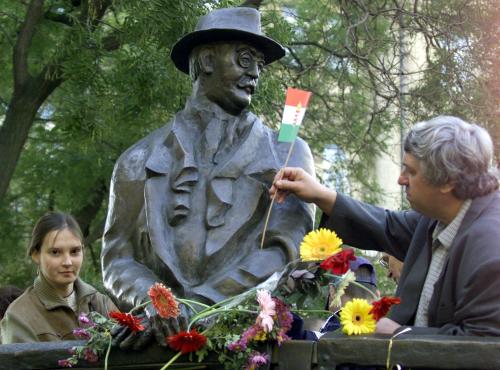
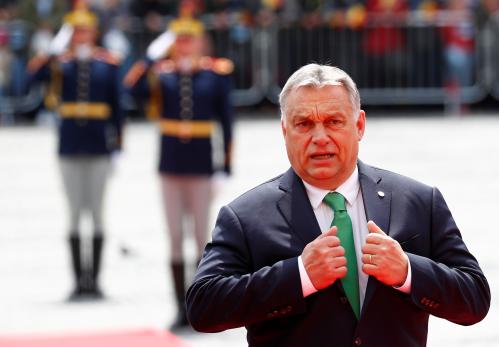
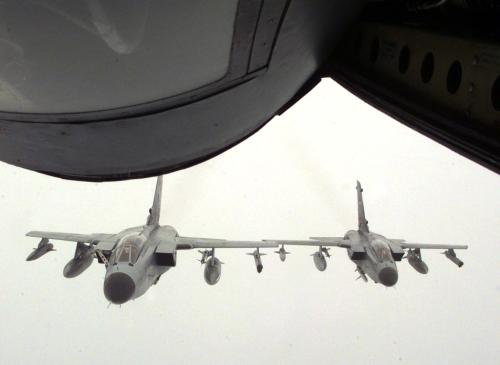



Commentary
Why Trump shouldn’t be hosting Polish President Duda
June 24, 2020